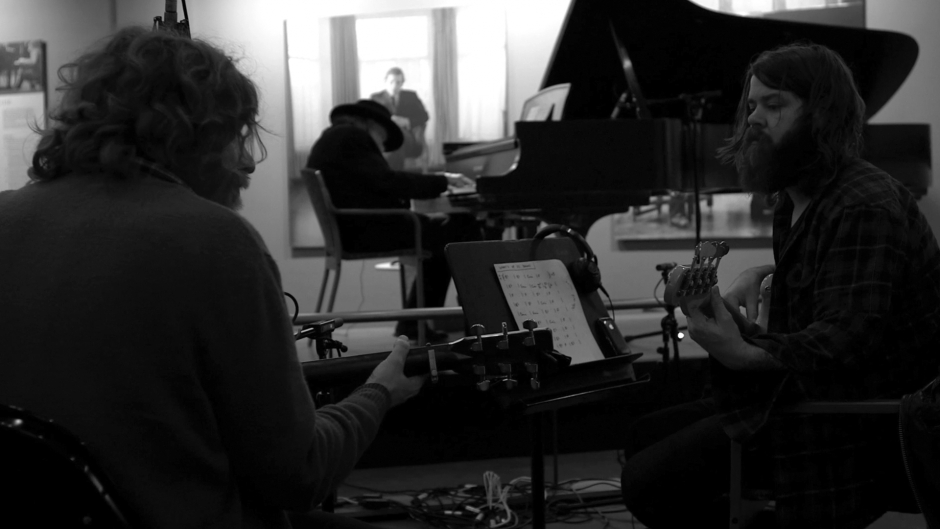All-nighters tend to invoke memories of early morning pizza runs and passing out in college textbooks. But Canadian singer-songwriter Doug Paisley wasn’t procrastinating when he recently pulled one to record his as-yet-untitled third studio full-length. Instead, Paisley lugged a refrigerator-sized tape machine into the lobby of Ottawa’s National Arts Centre, the only place available to record tracks that he himself performed on visionary Canadian pianist Glenn Gould’s own Steinway, housed in the hall.
“It was pretty tricky,” Paisley admits. “We brought all our own gear and were there from 8 p.m. to 8 a.m., doing these hasty marathon sessions. It wasn’t an easy way to work, but it was a fun way to distract ourselves from the recording process with a logistical process.” And all-nighters aside, the album took Paisley nearly four years to write and record, the Ottawa native having already started to work on it before the 2010 release of his critically acclaimed sophomore effort, Constant Companion.
But Paisley’s meticulous songwriting process also relies heavily on trust. Though he’s historically written guitar-driven folk tunes, but has a penchant for letting his creativity meld with that of collaborators’, a dimension he believes adds depth to his body of work. He enlisted the talents of Chicago-based guitarist (and Cairo Gang leader/longtime Will Oldham collaborator) Emmett Kelly, Garth Hudson on keys, and the vocal stylings of Mary Margaret O’Hara. Additionally, Paisley drew inspiration from a recent trip to Lee “Scratch” Perry’s legendary Black Ark studio in Kingston, Jamaica, where pivotal works by Bob Marley & the Wailers and the Clash were recorded. Perry’s original studio burned down in the ’80s, but the experience struck Paisley with “how even the most bare-bones operation could create some of the most memorable music.”
While he doesn’t make reggae, Paisley’s work moves from languid folk to melancholy country in similarly fluid fashion. “People often dismiss country music for being too sad,” he says. “But Don Williams and Willie Nelson usually play positive tunes, and I’ve always liked that as a juxtaposition.”





